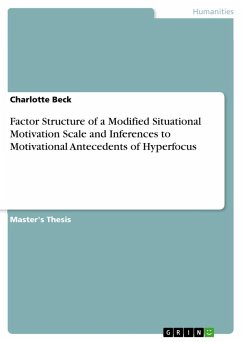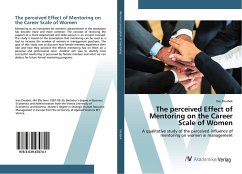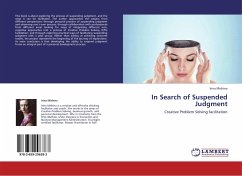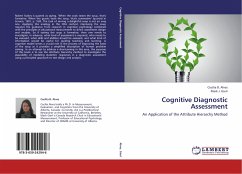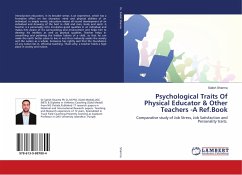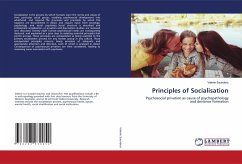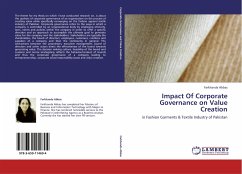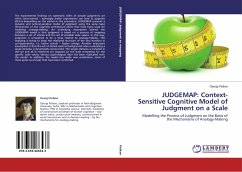
JUDGEMAP: Context-Sensitive Cognitive Model of Judgment on a Scale
Modelling the Process of Judgment on the Basis of the Mechanisms of Analogy-Making
Versandkostenfrei!
Versandfertig in 6-10 Tagen
34,99 €
inkl. MwSt.

PAYBACK Punkte
17 °P sammeln!
The experimental findings on systematic shifts of people judgments are often controversial seemingly similar experiments can lead to opposite effects depending on the stimuli or the procedure. JUDGEMAP presents a dynamic and context-sensitive model of judgment using the same basic mechanisms of the cognitive architecture DUAL that have been used for modeling analogy-making. An underlying assumption behind the JUDGEMAP model is that judgment is based on a process of mapping between a set of stimuli and the set of possible scale values. In this way, judgment is considered to be a close relative ...
The experimental findings on systematic shifts of people judgments are often controversial seemingly similar experiments can lead to opposite effects depending on the stimuli or the procedure. JUDGEMAP presents a dynamic and context-sensitive model of judgment using the same basic mechanisms of the cognitive architecture DUAL that have been used for modeling analogy-making. An underlying assumption behind the JUDGEMAP model is that judgment is based on a process of mapping between a set of stimuli and the set of possible scale values. In this way, judgment is considered to be a close relative to analogy-making. This mapping is trying to keep the relational structure of the two domains in correspondence, i.e. better stimuli higher ratings. Another important assumption is that the set of stimuli used as background when evaluating a single stimulus is dynamically constructed. The target stimulus is included in this set and all its elements are mapped on the scale competing for the specific scale values. Various psychological data has been replicated with the model. In addition, the model has made new predictions, some of them quite non-trivial, that have been confirmed.



